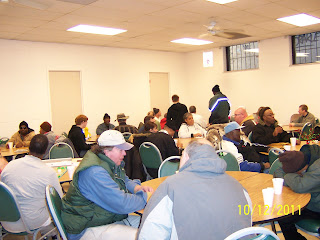The last two articles have commented, rather disproportionately, on the obsession with nuclear weapons in the context of the 26th anniversary of the world's worst nuclear accident. Inevitably one would ask: What has the peaceful use of nuclear energy – and the inevitable accidents – got to do with nuclear weapons?
The answer is: a lot.
Claims of peaceful use of nuclear energy, in the case of North Korea and Iran, are, at best, dishonest. Why the secrecy? Underground facilities beneath mountains reasonably arouse suspicion. Honesty demands transparency. Denying I.A.E.A inspectors access to nuclear facilities and laboratories is indicative of dubious intentions.
Then there is the myth of deterrence by the two neighbors – India and Pakistan – who are not signatories to the non-proliferation treaties. Their quest to deter one another will only lead to another cold war – this time in Asia.
War as a deterrence, even with nuclear weapons, is false and the two nations with the world's largest stockpiles know it. Their experiences in Afghanistan and Iraq must prove the impotence of war as a solution for peace.
Ultimately, even for peaceful purposes, the world must contend with the possibility of another Chernobyl or Fukushima Daichi scenario. And even without an accident, what about the nuclear waste; now and for thousands of years to come?
Back to the question: What have we learned 26 years later? Probably not much. The town of Proytal is still a ghost and there are no definitive answers to the future of Fukushima Daichi.














